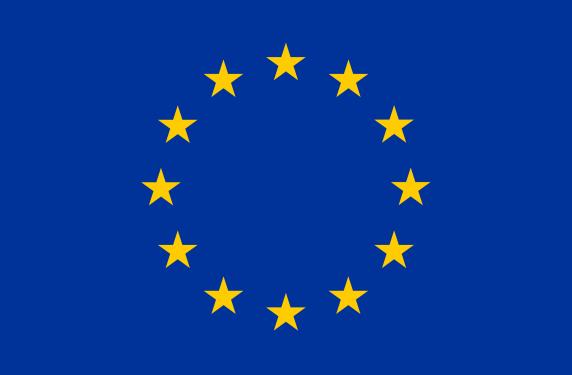-
Last updated on
EU sanctions are generally targeted, aimed at specific individuals or state or non-state entities. They provide for humanitarian exceptions.
The EU currently has about 40 "geographical" sanctions regimes, which are linked to a specific country. In addition, the EU has "cross-cutting" sanctions regimes that are linked to a specific theme and can be applied worldwide. These include sanctions against terrorism, the use of chemical weapons, cyber attacks and serious human rights violations.
European citizens and businesses sometimes suffer the consequences of the extraterritorial application of unilateral sanctions by third countries. The EU considers such extraterritorial application to be contrary to international law. The EU therefore wishes to protect itself against this and has Regulation 2271/96, better known as the "blocking statute", for this purpose.
The blocking statute prohibits European actors from complying with certain sanctions. They may not cooperate with the authorities or courts of the third country in question in the application of such sanctions. If they are convicted in the third country, they can file a counterclaim for compensation before a European court. There is also a system of notification of suspected violations and companies can request, under strict conditions, authorisation from the European Commission to comply with these sanctions. At the Belgian level, the blocking statute has been transposed by the law of 2 May 2019, which provides for fines in case of violation. FPS Finance (Treasury) oversees the implementation.
Since 2018, the blocking statute has applied to US sanctions against Iran and Cuba.
For more information
- general information on EU sanctions by the Council and by the Commission
- overview of sanctions currently in place;
- information on the Blocking Statute by the Commission and by the FPS Finance
